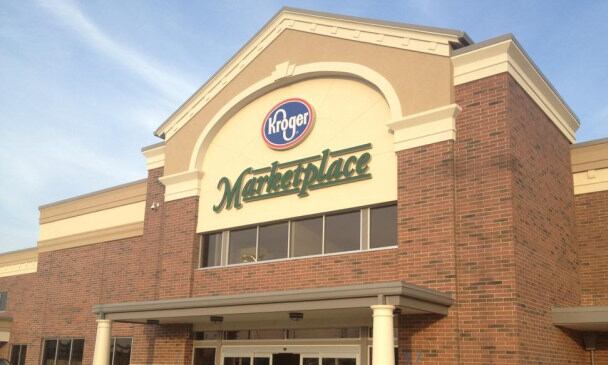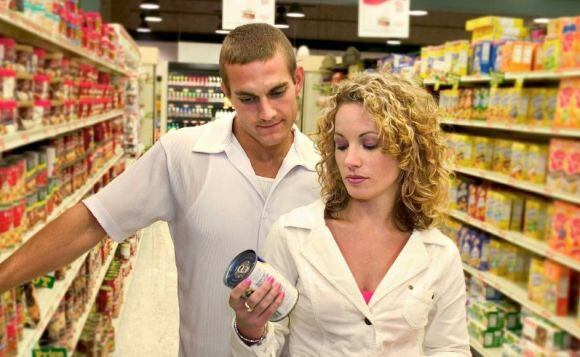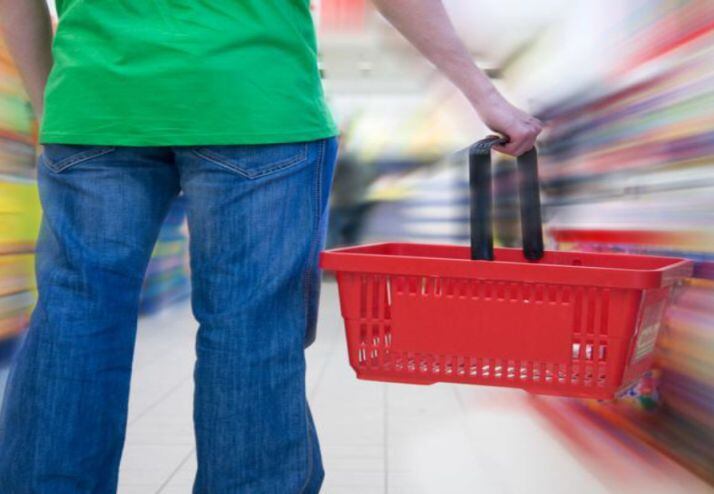There are lots of reasons, but the primary one is that the landscape has changed, and many firms’ systems/tools (and just as importantly, their employees) have not caught up, says K.B. Shriram, a partner in the consumer and retail practice of consultancy Strategy&* .
“It used to be that a great account manager was someone you’d want to have a beer with, it was all about building relationships. Today, that’s not enough.”
It used to be that a great account manager was someone you’d want to have a beer with
Relationships are still important, he says, but so is the ability to be able to process and interpret a vast amount of pretty granular data (by SKU, by store) that retailers are now starting to share with suppliers in order to make sure that decisions are based on data, and the money being poured into the trade pot delivers for both parties.
Meanwhile, the tools designed to help firms improve their demand forecasting, inventory management and promotional planning are getting increasingly sophisticated, and being able to use them to your advantage is critical.
“People need to learn a different skillset so they can turn all this data into action," says Shriram. "The retail landscape is getting much more complex and category insights are paying a much bigger role when it comes to tailoring assortments at a local level.”

As for promotions, meanwhile, you can’t just run the same event everywhere and expect the same results, he says, noting that retailers increasingly expect a more nuanced, data-driven strategy from their suppliers.
We all know that a “promotion that works for retailer X doesn’t necessarily work for retailer Y”, he says, but the data is now available to find out why, and come up with a more tailored strategy.
70% of CPG firms surveyed were unhappy with their planning and execution tools
Shriram was talking to FoodNavigator-USA after completing Strategy&’s bi-annual customer planning and trade spend management bench-marking study of 20 leading consumer packaged goods companies.
The results are pretty depressing, notes Shriram, with 85% of respondents feeling that they are spending too much on trade funding; more than 50% feeling that their trade funding program is “ineffective”; 70% feeling unsatisfied with their current approach to customer planning; and 70% feeling unhappy with their planning and execution tools.
It’s very easy to get caught in a vicious cycle
Not surprisingly, this is matched by frustration over their inability to shift resources and attention to more strategic consumer advertising, innovation and brand-building activities, he adds.
“It’s very easy to get caught in a vicious cycle. If commodity prices go up and everyone puts their list prices up [to reflect higher input costs], consumers balk [and volumes suffer], and if your competitors start throwing money into the trade [to run promotions] and you don’t, you’ll risk losing market share in the short term.
“Who has the patience to say I’m not going to do this, and I’m OK [with losing share], because in three years’ time I’ll win [because I’m putting the money into more strategic activities such as innovation]?”
Poor execution can turn a potentially successful promotion into a margin-crushing disaster
As for promotions, poor execution can also turn a potentially successful event into a margin-crushing disaster, says Jerry Stephens, who handles Kroger’s relationship with hundreds of top CPG suppliers at Market6, which provides strategic collaborative planning and execution applications.

Get your demand forecasting wrong and you can be left with too much product at the end of a promotion, which retailers may try and bully you into taking back, or end up selling at a silly price if it is perishable, he says.
But underestimate demand and you’re looking at out of stocks and missed opportunities - many of which you could have addressed had you been able to act upon real-time data on how your product is performing at a store-by-store or region-by-region level, he says.
Better visibility means you can reduce inventory and increase on-shelf availability
Miscalculate how and where to offer discounts (two for $5? 20% off? BOGO?), meanwhile, and you could dent your margins needlessly, as loyal fans simply seize the opportunity to load their pantries with a product they would have bought anyway at the full price.
“Kroger has 18 divisions, and having the visibility you need to make decisions and correct issues before it’s too late is critical," says Stephens. "And if you’re looking at the same data as Kroger, you’re not wasting valuable time on arguing about whose numbers are right. You can have a different kind of conversation that’s more collaborative, about creating a win-win.
“We’ve seen multiple manufacturers save hundreds of thousands of dollars by using our data to help them manage inventory, while some suppliers have seen their in-stock position improve by 85% during promotions and managed to reduce inventory at the same time.”
Scenario planning

Meanwhile, if you are able to prove - in a timely fashion - that your event increased overall category sales, this can elevate your status in a category and improve your hand when it comes to future discussions with the retailer in question, he says.
*Strategy& was formed in March, when the firm formerly known as Booz & Company combined with PwC to form a new consulting firm. Click HERE for the survey results in full.
Click HERE to read more about Market6.
